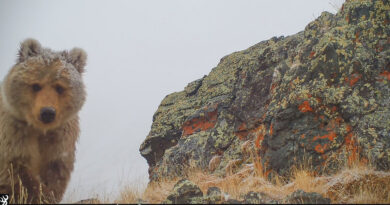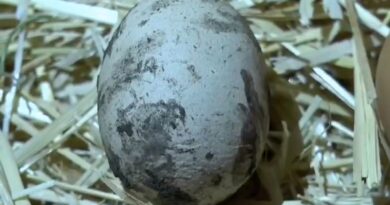Photographer Says Beautiful Spain Is Secret Of His Award-Winning Success
An award-winning photographer says that living in Spain which has such wonderful opportunities to take great pictures is part of the reason for his success.
Fabio Galvez, who comes from the Spanish city of Zaragoza, started photography back in 2012.
He told Newsflash that he was self-taught at first, learning through online videos, books and magazine articles, before attending a course at a technical school in Zaragoza.
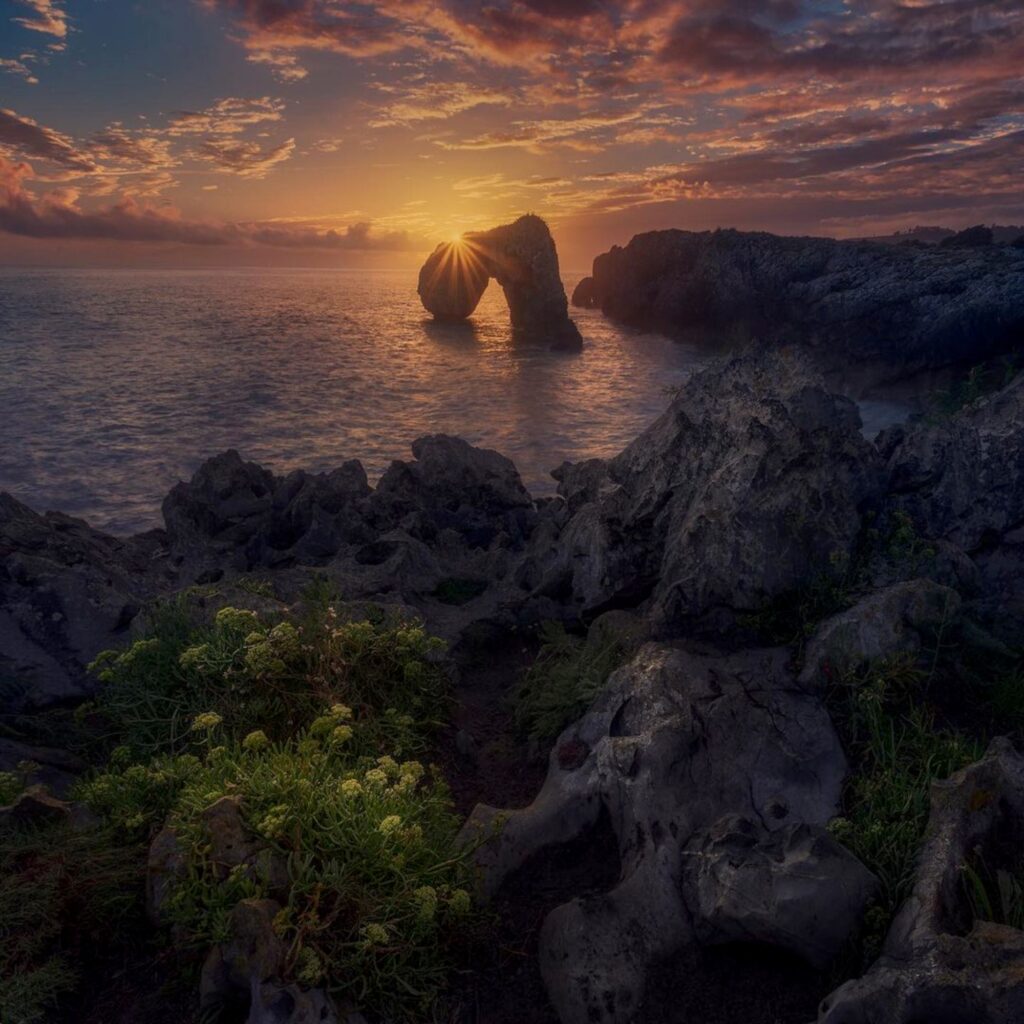
He added: “I am very lucky to live in Spain, a country full of contrasts. Spain has arid deserts, lush wet forests, vast cereal fields, spectacular mountains and dreamy seascapes. Many places any landscape photographer would like to visit.
After completing the course, Galvez attended some technical workshops to strengthen some of his weaker points, and to develop his technique and methodology.
During this period, he covered all styles of photography with a particular focus on landscape images, both natural and urban.
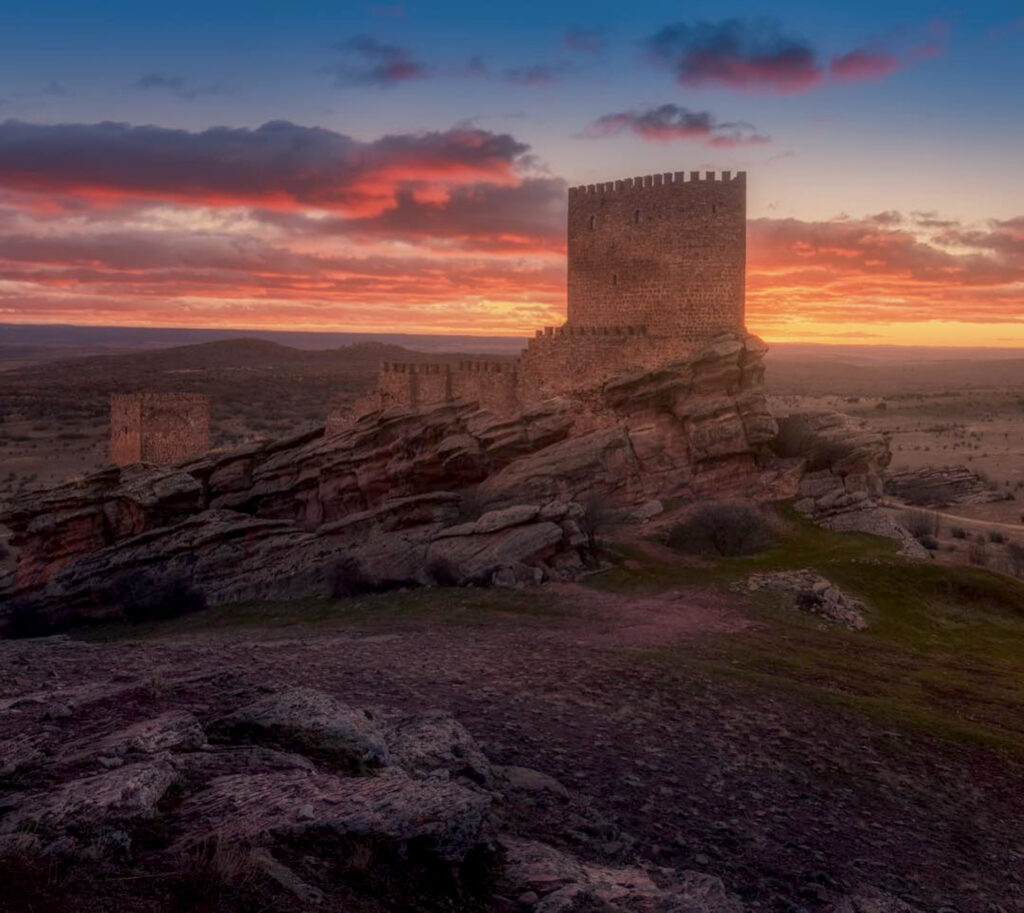
He found it was the discipline he most enjoyed and went on to win a number of photography competitions including Glanzlichter in 2019, Px3 Paris the same year, and Trierenberg Super Circuit in 2018.
Galvez told Newsflash: “In 2012, I bought my first reflex camera. With this camera, I discovered the possibilities of long exposure. This was a starting point to understand this hobby from a different perspective.
“I always liked nature and walking around observing the landscape, always with the idea of finding interesting elements. When I find something that I like, I stop and look for possible compositions and perspectives to return to that place with the perfect light to take the photograph I have in mind.
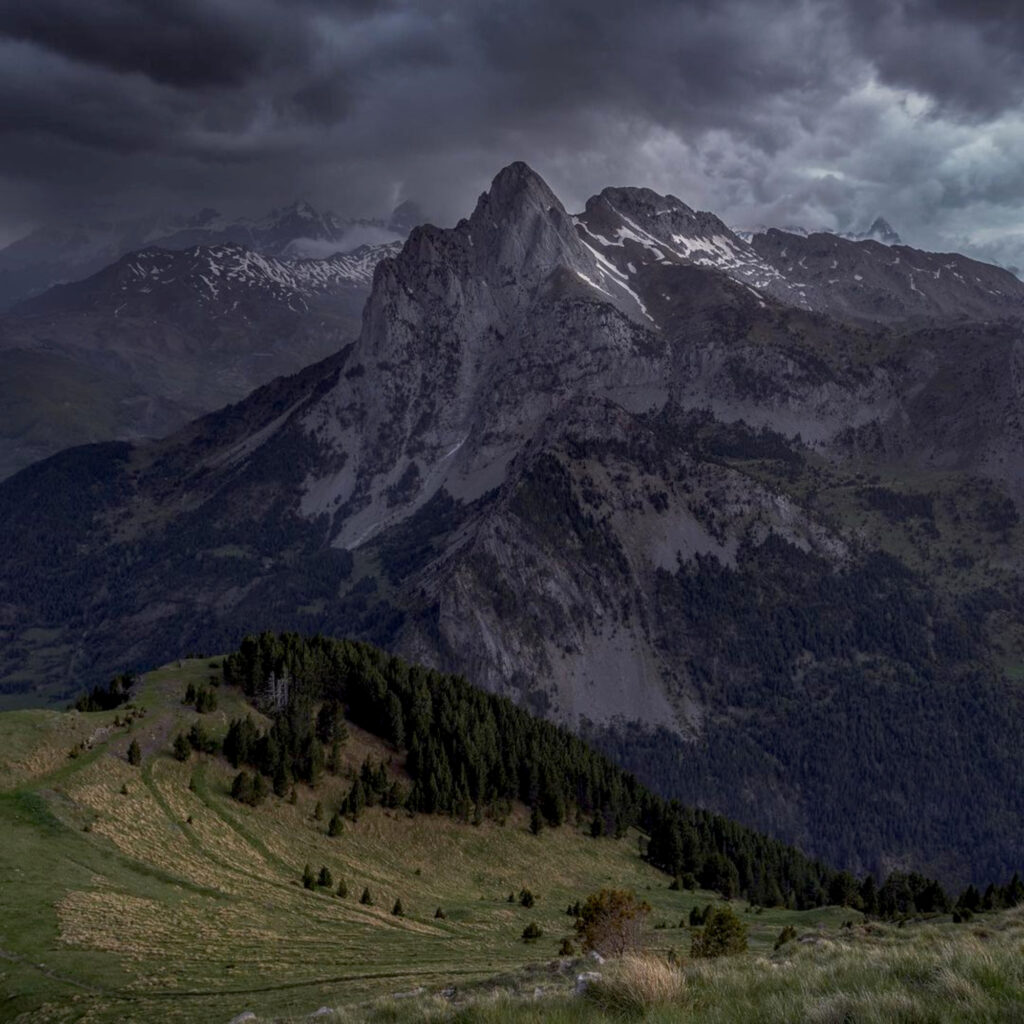
“I normally use two filters, gradient filter and polarised filter, depending on the light conditions. When I edit photos, I usually use the Orton Effect.”
He added: “Many of the places I show are known. I try to show a different perspective of these places or to show these places in a different atmosphere or in a moment of special light.”

